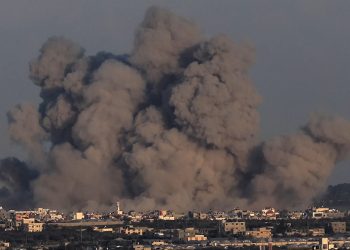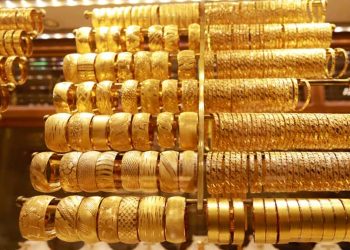“The people of Pakistan have given their verdict and not the selected government has to resign,” said Aseefa Bhutto Zardari as she kicked off her political career at Pakistan Democratic Movement’s (PDM) Multan power show. PPP Chairman Bilawal Bhutto didn’t participate in Multan rally after testing positive for COVID-19 and passed the throne to sister Aseefa Bhutto.
Despite huge political and social changes that have occurred over the last 60 years, electoral politics in Pakistan has remained largely a family enterprise. The presence of dynasties in politics serves as an impediment in the quest for increased electoral competition. Political dynasties undermine the right of an individual to contest an election on equal footing with other candidates.
Strong electoral competition is imperative for a functioning democracy and it only increases if every individual has an equal right to contest and participate in politics. Constitutionally, this right exists for every citizen, however, practically, this may not be the case.
Research shows that the prevalence of such dynasties reduces the legitimacy of a government, impacts the quality of government policies, and promotes patronage and corruption. Some statistics indicate that the percentage of such dynasties occupying political offices in Pakistan is 52 percent.
Pakistan’s military, which has ruled Pakistan for most of its existence directly or indirectly, has also been responsible for the entrenchment of dynastic politics. In an effort to perpetuate their rule, all military rulers have also sought to co-opt powerful political families.
And the matter of fact is, we aren’t producing leaders from the initial stage. A person in Pakistan cannot be a part of politics without anyone’s support or relation. Plato once said, “Those who refuse to take part in politics are destined to be ruled by inferiors”.
Perhaps, the notion of political nurseries producing a merit-based future leadership threatens the fragile sense of self of those who wish to promote the status quo. Here, we can feel the importance of student unions. These unions and democracy go hand in hand.
The movement that toppled Ayub Khan’s regime was initiated through student protests. Even Ziaul Haq felt threatened by student power and resorted to banning student unions in 1984. Benazir Bhutto revived student unions in 1989 for a short period of time before they were banned under the pretext of the Supreme Court’s 1993 decision; never to see the light of day again.
Student unions are the platforms where Pakistani students can practically learn the art of politics and diplomacy. This way, merit-based capable leaders can come to prominence. Student Union is the need of the hour in Pakistan; a shift from feudal and dynastic politics towards merit-based politics.
Students unions elect their leaders through free and fair elections. This is the very essence of democracy and can help spread its roots in the educational institutions of Pakistan. When there are student unions, even the strongest of powers succumb to their legitimate demands.
The presence and persistence of political dynasties in Pakistan have raised many questions regarding the efficacy of its so-called democratic system. Student unions should be allowed to operate under a new set of regulations devised in consultation with all stakeholders, much like the charter of democracy.



























